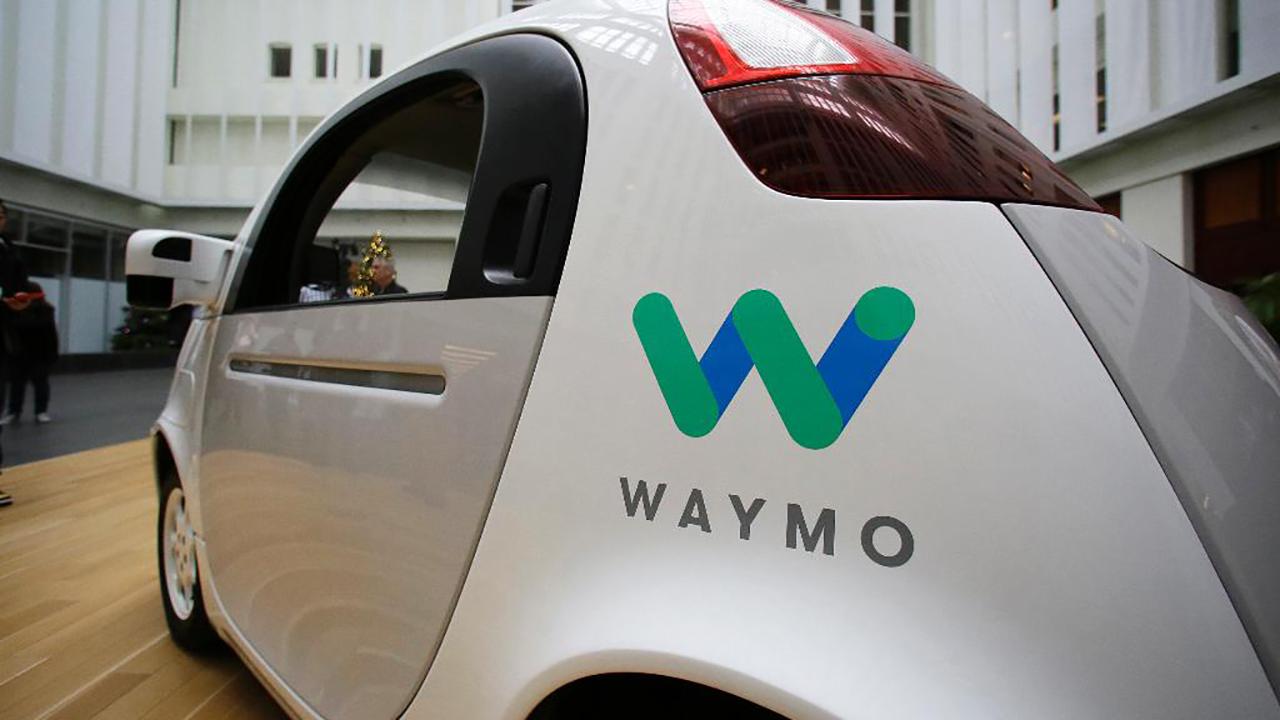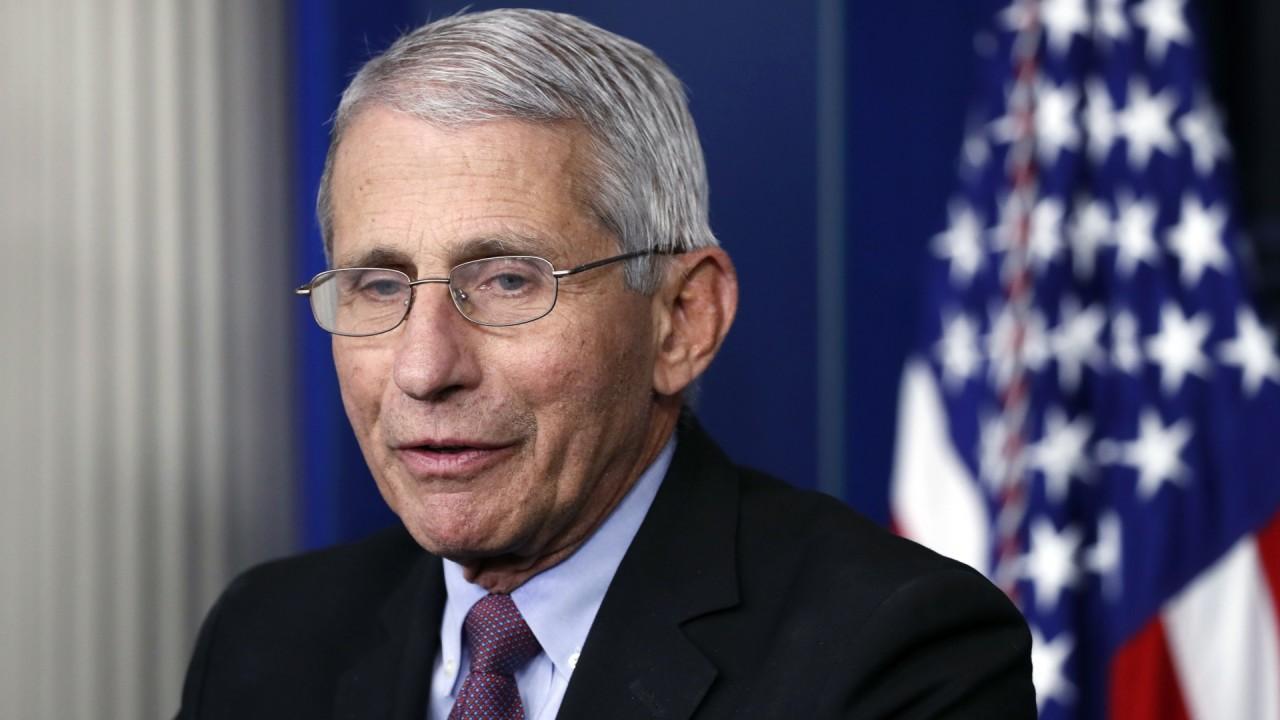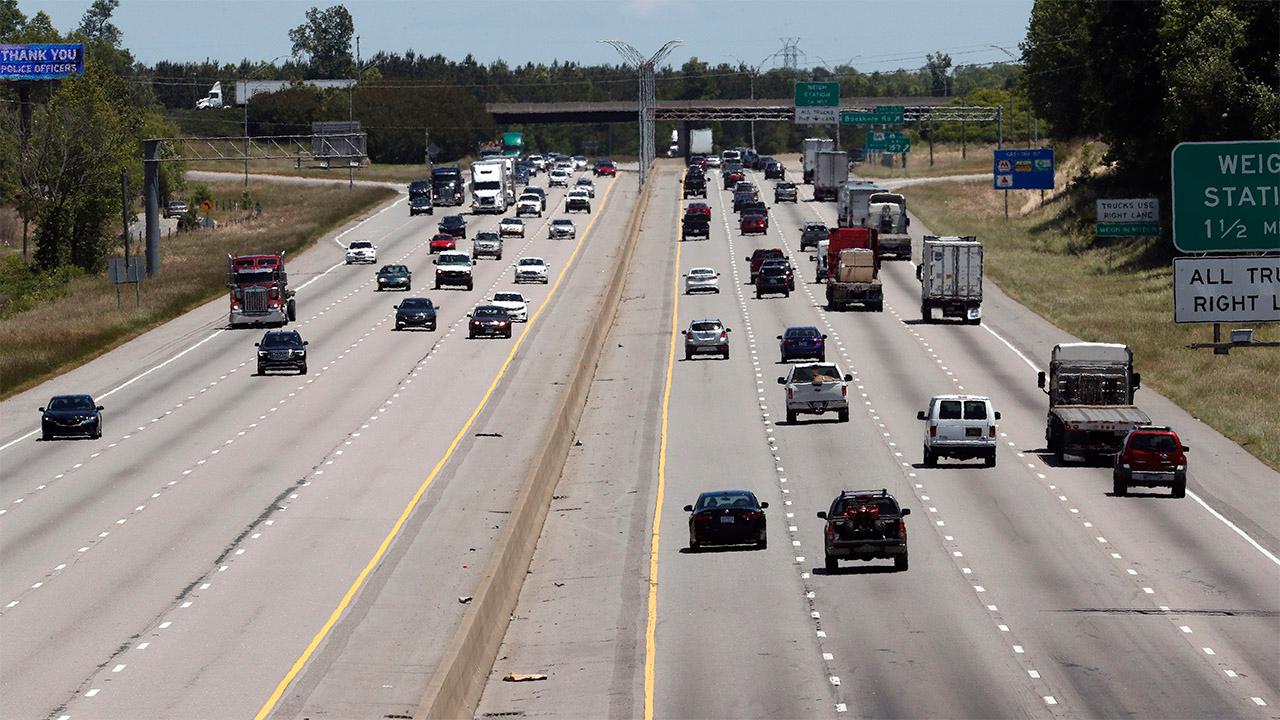Robo cars hit new speed bump in COVID-19 world
COVID-19 has thrown a wrench into the driverless car world
The autonomous vehicle industry, already tasked with assuring the public the cars are safe, is now grappling to assure riders the vehicles are coronavirus free.
| Ticker | Security | Last | Change | Change % |
|---|---|---|---|---|
| GOOGL | ALPHABET INC. | 322.86 | -8.39 | -2.53% |
Waymo, a self-driving car company owned by Google, said Wednesday that the COVID-19 pandemic forced it to temporarily halt service in the Phoenix area to ensure human backup drivers and passengers were safe. The company and other supply companies have shifted their focus on putting technologies in place to ensure vehicles are cleaned between rides.
CALIFORNIA TECH CEO CHARGED IN CORONAVIRUS TEST FRAUD CASE
“Those are the sort of questions that people are thinking through both at Waymo and outside of Waymo right now given how the pandemic has affected us and also our anxieties around germs,” said Patrick Cadariu, Waymo’s head of supply chain operations, on a webinar.
Cadariu did not specifically identify which technologies would be implemented, but previously said they have been ready for several years. He said the company was analyzing how to clean vehicles when there isn't time between rides to return to a depot for a full cleaning.
Autonomous vehicles have been repurposed in the midst of the pandemic. In the meantime, Waymo vehicles have been put to use delivering school supplies, protective equipment and food to nonprofits. The Mayo Clinic campus in Jacksonville, Fla., used 10-seat "BEEP-mobiles" to transport coolers filled with COVID-19 swab samples across the campus for testing.
Waymo is seen as a leader in the autonomous vehicle industry and operates select vehicles such as Chrysler Pacifica minivans and Jaguar I-Pace electric SUVs
“The way we scale our technology, the way we scale our business will be incremental, safe and thoughtful,” said Cadariu. “We’re really at just the beginning in terms of scale.”
CLICK HERE TO READ MORE ON FOX BUSINESS
Before the pandemic, the company was running 1,000 to 2,000 rides per week, of which between 5 percent and 10 percent were without human safety drivers. It has expanded its service area around Phoenix to an area about the size of San Francisco.
Aside from technology to ensure a virus-free environment for passengers, the company is working to keep sensors clean so they can always view the road and solving issues with driving in inclement weather.
The Associated Press contributed to this report.






















